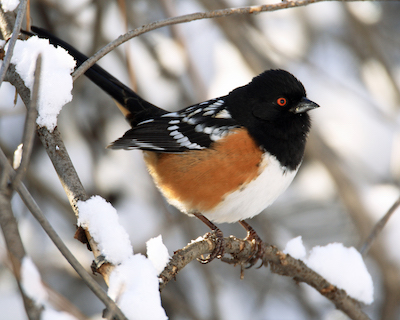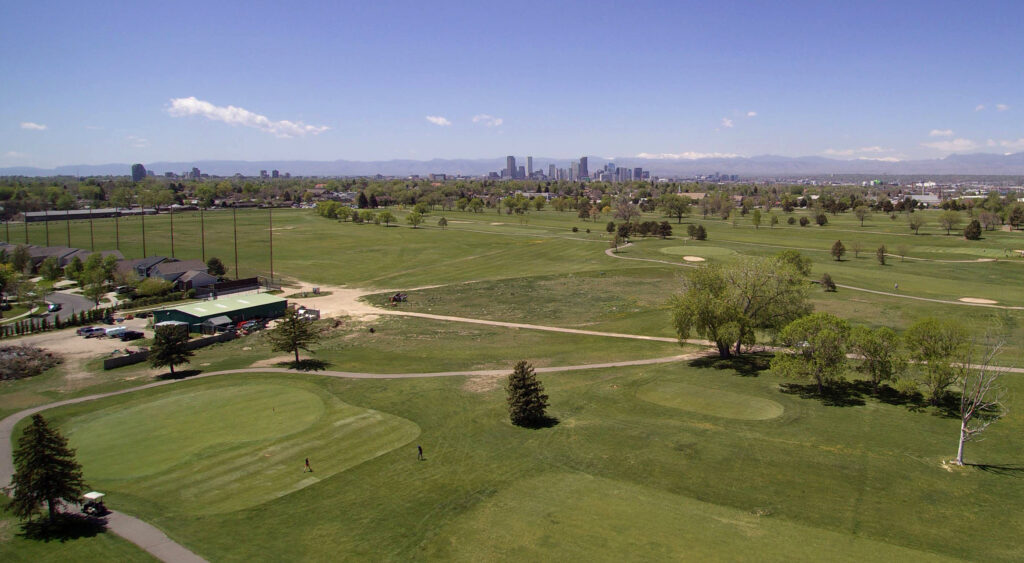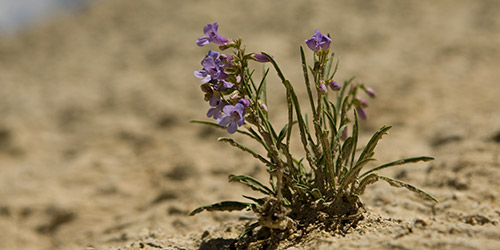Conservation
Our conservation support will help you act on behalf of birds, other wildlife, and the natural world.
Human activity is the biggest threat to our environment, but we often feel helpless because our individual actions seem minuscule compared to such immense issues. However, millions of people taking small steps that suit their lives will benefit generations to come. Start with what you can—but start.
RECENT CONSERVATION BLOG POSTS
STRATEGY

Our vision is to transform Denver into the most bird-friendly city in the US. To achieve this, our Conservation, Stewardship, and Restoration Plan focuses on improving urban and developed habitats in the Denver metro area. Our goals are twofold. Firstly, to increase stewardship actions in the community, creating bird friendly projects and properties; and secondly, to generate change in groups, organizations, institutions, and agencies by influencing the implementation of bird friendly practices, policies, and ordinances.
If you need help with a conservation issue or are interested in helping birds in your neighborhood, please email Shelley Conger, Interim Executive Director.
CONSERVATION COMMITTEE

Our biggest environmental influence is through our conservation committee, which supports Denver-area residents and advocacy groups with advice and guidance, including writing letters, commenting on legislation, and testifying at hearings. We discuss current issues at bimonthly committee meetings that are open to the public.
If you want to join our committee or attend a meeting, please email the chair, Polly Reetz.
COLORADO BLUEBIRD PROJECT

The Colorado Bluebird Project operates under the guidance of Denver Audubon throughout Denver and across the state. This volunteer-run project aims to improve the vitality of bluebird populations and to inform and educate Coloradans about bluebirds. From April through August, volunteers of all ages are needed to help monitor the nest boxes.
INITIATIVES
Though not an exhaustive list of threats, below are a few of our recent conservation initiatives.
KEEPING CATS INDOORS IS BETTER FOR CATS AND BIRDS
Outdoor cats and feral cat communities kill 2.4 billion birds in the US every year. Keep your cats indoors to help bird populations flourish, and to help your cats live healthier and longer lives.
USING NON-LEAD AMMUNITION PROTECTS RAPTORS
Lead in bullets leaches into animal tissue that raptors scavenge and eat. This lead poisons bald eagles and other raptors. Hunters can protect non-game wildlife by using non-lead ammunition.
GROWING NATIVE PLANTS RESTORES LOST BIRD HABITAT
Habitat loss through human development is an enormous threat to birds. Using native plants in your landscaping provides habitat and attracts beautiful birds to your yard.
APPLYING WINDOW TREATMENTS PREVENTS STRIKES
Birds can’t see windows. When they smack into windows, it can kill or seriously injure them. Use bird-friendly window treatments to help birds fly around windows—not into them.







